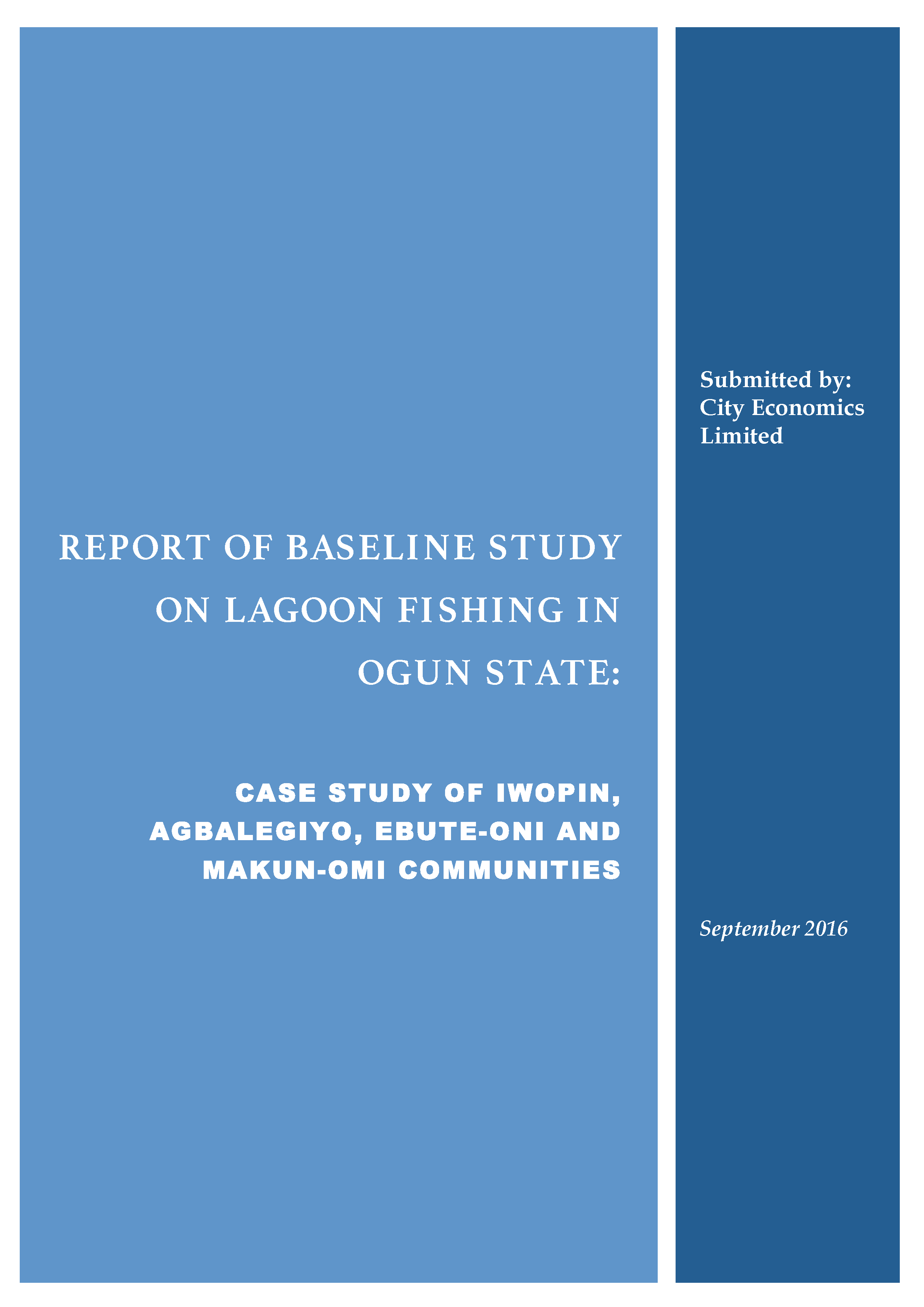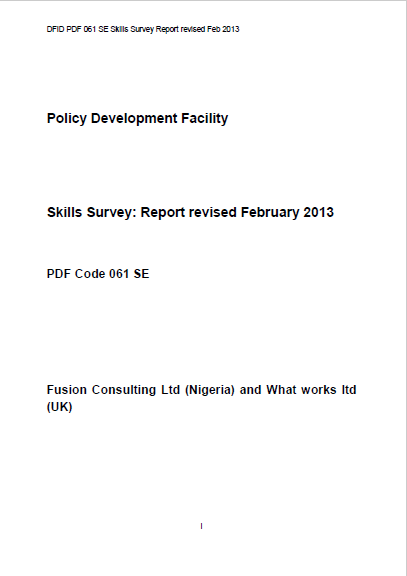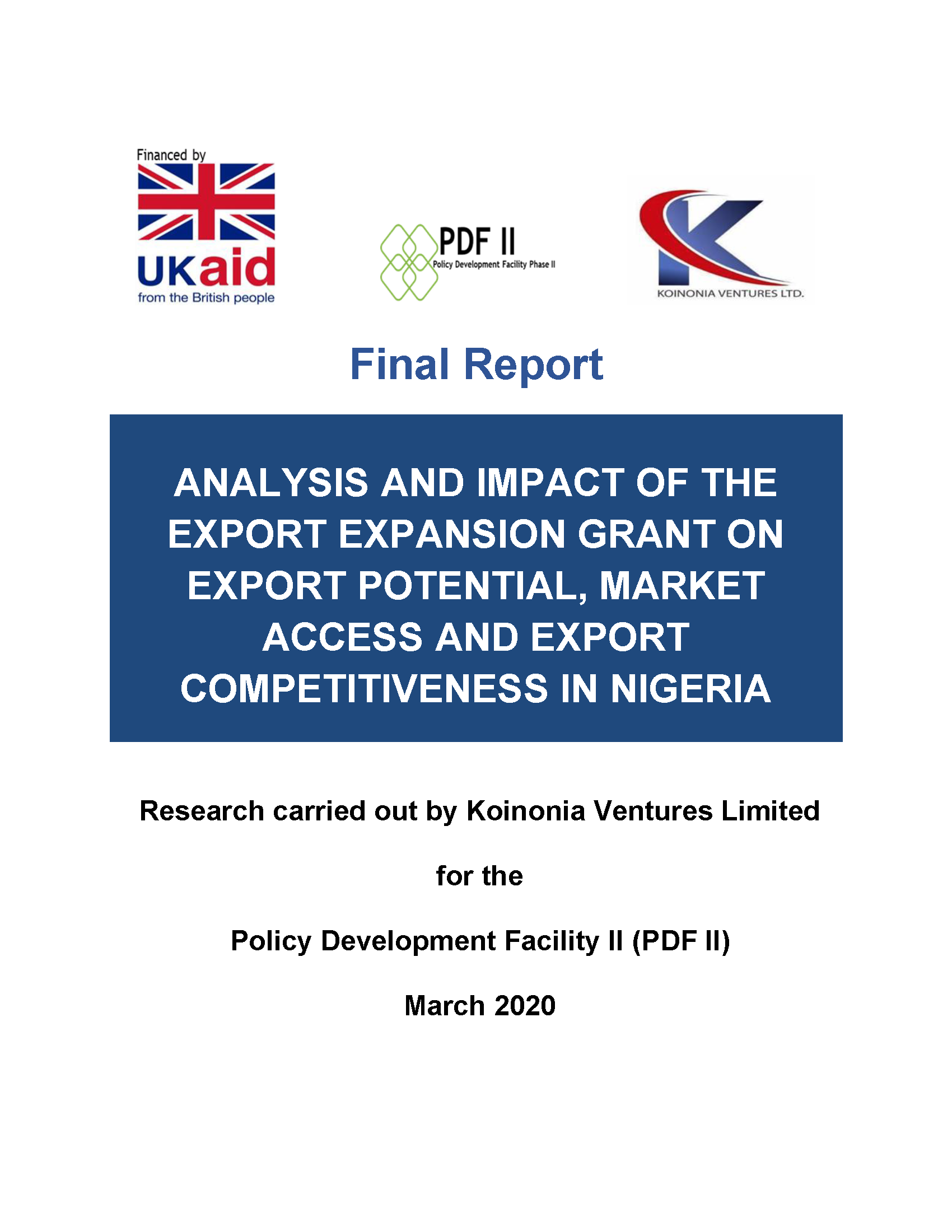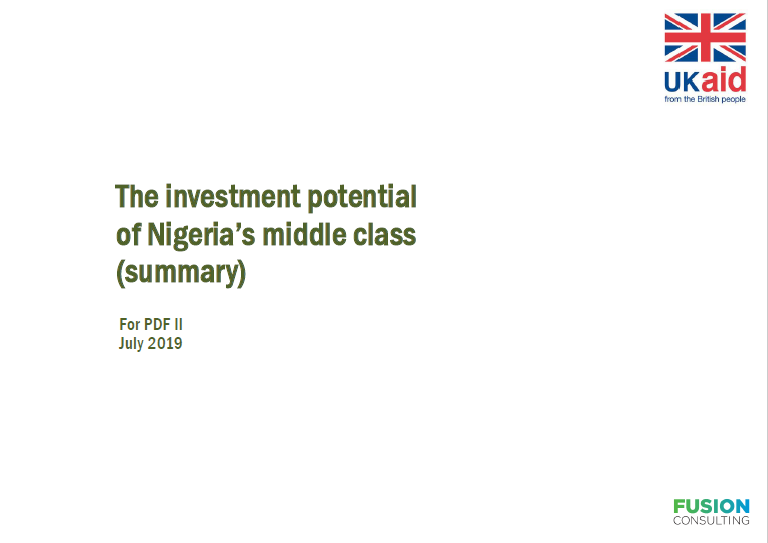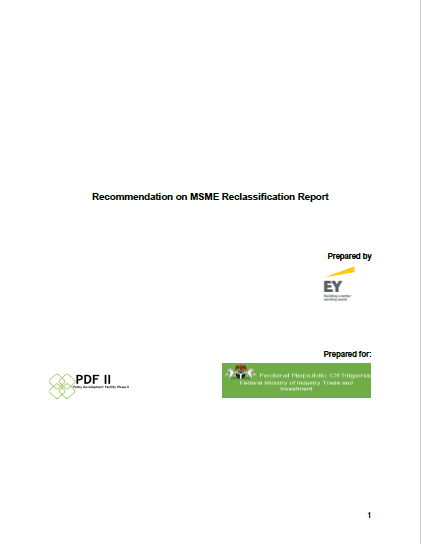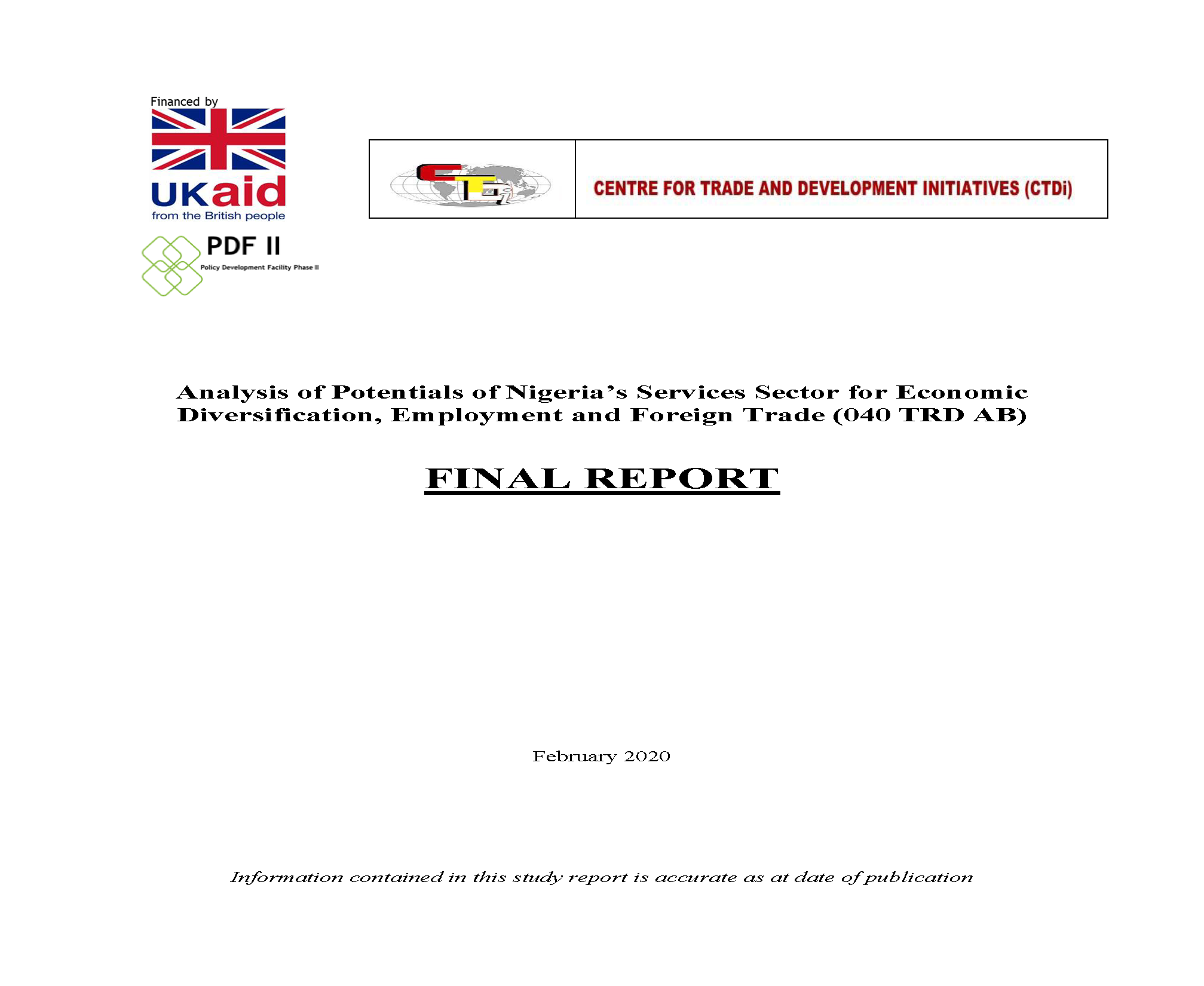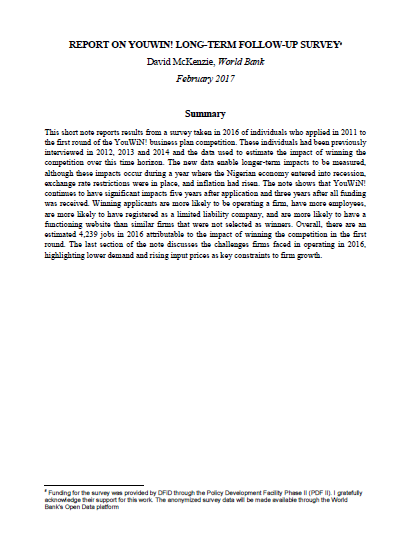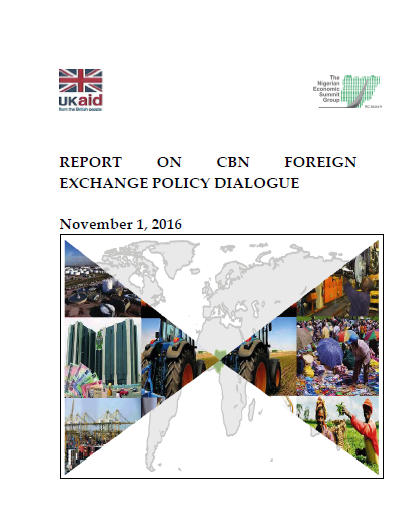REPORT OF BASELINE STUDY ON LAGOON FISHING IN OGUN STATE
This is the report of the study on improving the livelihood of fishing folks in Ogun State. The fieldwork spanned through 15 days from 11 – 25 August 2016 and covered four fishing communities, Iwopin, Oni, Makun-Omi, and Agbalegiyo in Ogun Water Side Local Government Area with headquarters at Abigi.

